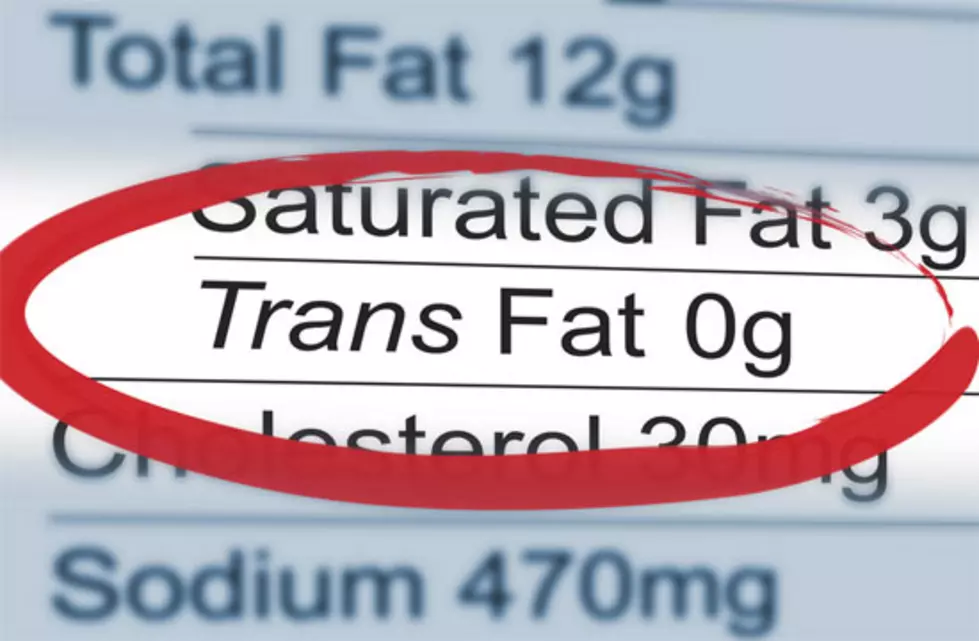
All Fats Are Not Created Equally
Why are trans fats bad for you, polyunsaturated and monounsaturated fats good for you, and saturated fats somewhere in between? For years, "fats" was just a four-letter word. We were urged to banish fats from our diets whenever possible. We focused on low-fat foods, but the shift didn't make us healthier, probably because we cut back on healthy fats as well as harmful ones. We need fats from food to give us energy and help us absorb many vitamins and minerals that our bodies require. Fats help us build cell membranes and support surrounding nerves. However, all fats are not created equally. For long-term health, some fats are better than others. Here's what we need to know.
- 1
Monounsaturated Fats
Monounsaturated fats (MUFAs) are liquid at room temperature and turn solid when chilled. Studies have found that MUFAs protect against heart disease, help us lose weight, improve our mood, and reduce the risk of certain types of cancer. The best sources are nuts, seeds, olive oil, and fatty fish. Monounsaturated fats can help reduce harmful cholesterol levels in our blood, lowering our risk of heart disease and stroke. They also provide nutrients to help develop and maintain our body’s cells. Oils rich in monounsaturated fats also contribute vitamin E to the diet, an antioxidant vitamin most Americans lack.
- 2
Polyunsaturated Fats
Although they have a different molecular structure, polyunsaturated fats can also help lower unhealthy LDL cholesterol, much like monounsaturated fats.
Polyunsaturated fats are essential for your body’s functions and play a role in building cell membranes and blood clotting. Our bodies can’t make polyunsaturated fats, so we must get them from food.
There are two main types of polyunsaturated fats: omega-3 and omega-6 fatty acids. We need both of these for brain function and cell growth.
Foods high in polyunsaturated fats include:
Sunflower seeds and flaxseeds
Cooking oils, including corn oil, safflower oil, and soybean oil
Nuts, such as walnuts, pine nuts, and Brazil nuts
Fatty fish, such as salmon, mackerel, herring, albacore tuna, and trout - 3
Trans Fat
Trans fats raise our bad (LDL) cholesterol levels and lower our good (HDL) cholesterol levels. Eating trans fats increases our risk of developing heart disease and stroke. It’s also associated with a higher risk of developing type 2 diabetes. One reason it is so difficult to avoid trans fat is because it is so inexpensive. Many restaurants and fast-food outlets use trans fats to deep-fry foods because oils with trans fats can be used several times in commercial fryers.
- 4
Saturated Fats
A diet rich in saturated fats can drive up total cholesterol and tip the balance toward more harmful LDL cholesterol, leading to blockages in our arteries in the heart and elsewhere in the body. For that reason, most nutrition experts recommend limiting saturated fat to under 10% of calories a day.
Saturated fats are solid at room temperature and include such foods as lard, butter, and coconut oil. We know beef and cheese contain saturated fats, but some that may be surprising are ice cream and coffee creamer. Over time, too much of these fats increase the risk of high cholesterol and heart disease. It is best to choose unsaturated fats, like nuts, plant-based oils, and avocados, when possible.
More From Lite 96.9 WFPG









